Peter Ranscombe gazes into his crystal ball to probe whether consolidation is on the cards for Scotland’s whisky distillers.
News of Diageo’s recent £384.5 million swoop for Philippines-based rum-maker Don Papa rekindled memories of a golden age in mergers and acquisitions (M&A) for the Scotch whisky industry.
1997’s £32bn mega-deal
Diageo, Scotland’s largest distiller, was itself formed in 1997 through the £32 billion merger of Johnnie Walker-owner Guinness and J&B-parent Grand Metropolitan.
A decade earlier, in 1986, Guinness’ £2.6bn takeover of Distillers Company to create United Distillers & Vintners led to Guinness boss Ernest Saunders ending up in jail in one of the City’s biggest share-trading scandals.
Figures released just recently showed whisky exports soared by 37% to £6.2bn last year.
Could the value of Scotland’s national drink trigger a fresh wave of mega M&A activity?
Trevor Stirling, managing director of European beverages at wealth management firm Bernstein, said: “The last two really big deals were when Seagram was split between Diageo and Pernod Ricard, and when Allied Domecq was bought by Pernod Ricard.
“Those deals involved a lot of disposals – Dewar’s and Bombay Sapphire were sold to Bacardi, for example.
“It’s really difficult to see any more of those bigger deals now because they would throw up so many conflicts.
Bolt-on acquisitions in vogue
“Instead, we’ve seen both Diageo and Pernod Ricard do bolt-on deals over the past 15-20 years – like Casamigos and Rabbit Hole – and largely outside their core categories, so in tequila or American whiskey.”
One perennial piece of market chatter is a merger between Pernod and Brown-Forman.
Pernod is the French spirit giant behind Chivas Brothers, Scotland’s second-largest distiller.
Jack Daniel’s whiskey owner Brown-Forman bought BenRiach, GlenDronach and Glenglassaugh from Billy Walker and his South African partners in 2016 for £281m.
When a deal between the pair was last mooted in 2021, analysts at International Wine & Spirit Research estimated the combined business would hold a 16% share of the global spirit market – creeping close to Diageo’s 19% stake.
“It would surprise me if that were to happen – but life is full of surprises,” said Mr Walker, who bought BenRiach, GlenDronach and a bottling plant from Pernod, and later acquired GlenAllachie, the Speyside distillery he now runs.
He pointed to Pernod’s sale last year of Speyside’s Tormore to Sukhinder and Rajbir Singh’s Elixir Distillers.
Pernod had bought The Whisky Exchange website from the two brothers a year earlier.
Burn Stewart – another firm with links to Mr Walker, who was its operations director before its £49m sale to Angostura Bitters-owner CL Financial in 2002 – is also in the M&A frame.
Dutch brewer Heineken is poised to buy South Africa’s Distell, Burn Stewart’s parent, for nearly £2bn.
But Heineken must first clear competition hurdles over the two companies’ combined share of Southern Africa’s cider market.
If Burn Stewart came up for sale, there would be lots of interest.”
Billy Walker, whisky industry veteran
Distell bought Burns Stewart in 2013 for £160m, but the whisky-maker isn’t included in Heineken’s deal.
Instead, Remgro – Distell’s largest shareholder – will retain Burn Stewart under its Capevin arm.
Mr Walker said: “If Burn Stewart came up for sale, there would be lots of interest because that business has some very interesting components.
“That’s much more likely than a Brown-Forman merger with Pernod.
‘There’s some really nice stuff there’
“But I think the current owner would want to keep Burn Stewart and bring more energy to it, because there’s some really nice stuff there.”
Brian Moore, a partner in the Edinburgh office of Dentons, the world’s largest law firm, agreed.
Mr Moore has advised on whisky M&As stretching back to the 1990s, including deals with The Macallan and Highland Distillers, now Edrington Group.
He said: “There’s a dislocation between supply and demand in the distillery market.
“If Burn Stewart’s assets came up for sale, then plenty of people would be prepared to pay pretty fulsome prices for them.”
While the chance of mega M&A deals may have receded, private equity is now prominent in the market.
Exponent bought Loch Lomond Group in 2014 for £210m before selling it to fellow private equity firm Hillhouse Capital Management, in 2019, for £420m.
According to Mr Stirling, private equity firms are unlikely to buy young distilleries because they’d need to invest to build their stock.
Bernstein’s European beverages MD added: “It would take a long time to get a return.
“A business like Loch Lomond Group, where you have established stock, is more the type of thing that private equity would be interested in.”
Interest rates challenge
Mr Moore, of Dentons, added: “If private equity funds want to build a portfolio of Scotch, and maybe gin and rum, their challenges will be the interest rates on debt to fund the deal, and their investment horizon.
“You may need more than the traditional three-to-five-year window to make a big return, with many private equity funds now looking at a five-to-eight-year horizon.”
A new era of consolidation?
Other industry watchers think activity may be on the cards.
Roland Grain, one of the founders of Ardgowan Distillery, which is due to open next year at Inverkip, near Greenock, believes the sector is entering a fresh consolidation phase.
“Large companies will mothball their smaller distilleries again – like they have done in all consolidation phases – and will use their newly-built larger operations to produce what’s needed,” he predicted.
Meet Roland Grain our Director and Investor. He has one simple vision for Ardgowan: to be the most environmentally friendly whisky in the world without impacting on quality. With our coastal location, our forests and hills, he describes the whisky as "Scottish nature in a glass". pic.twitter.com/4xIKsy3lrc
— Ardgowan Distillery (@ArdgowanWhisky) November 18, 2022
But Mr Grain thinks this consolidation phase will be different to those in the past.
“We will see a lot of smaller, independent white spirit and whisky distilleries closing, simply because working capital will get too expensive for them,” he said.
“The cost of producing new-make spirit has more than doubled due to inflation in the price of barley, energy, and wood.
“Nearly all distilleries use loans against casks, which have been a kind of ‘free lunch’ for many years now.
“With the comeback of higher interest rates, this could double the costs of a 10-year-old whisky.”
We will see a lot of smaller, independent white spirit and whisky distilleries closing, simply because working capital will get too expensive for them.”
Roland Grain, co-founder, Ardgowan Distillery.
Start-up distilleries and lower-margin parts of the industry will suffer most, Mr Grain said.
His business model for Ardgowan involves producing higher-margin single malt – as opposed to blended whisky – and making the distillery as environmentally friendly as possible to reduce its energy bills in the short term, as well as any taxes or other charges for carbon emissions in the longer term.
He added: “The large companies will keep their smaller distilleries closed this time, rather than selling them or knocking them down, because they have seen the Port Ellen example and know now that whisky from a mothballed distillery will be extremely precious.”
Uncertain future for whisky start-ups
Looking further ahead, Berstein’s Mr Stirling said: “We’ve probably got 40 or 50 start-up distilleries – what’s intriguing is who’s going to own them in 10 or 20 years?
“Some are run by entrepreneurs who won’t sell them – it’s in their blood.
“But once these entrepreneurs retire or die will their kids want to run them?
“The start-ups that are doing something different – like Arbikie making rye whisky – could be of interest to the big players, as could distilleries on Islay for groups that don’t yet have an island whisky.”
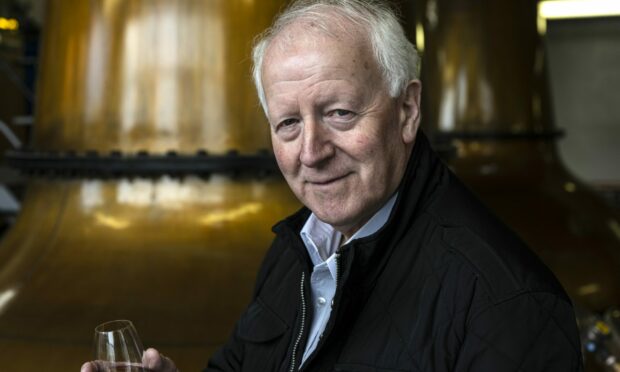

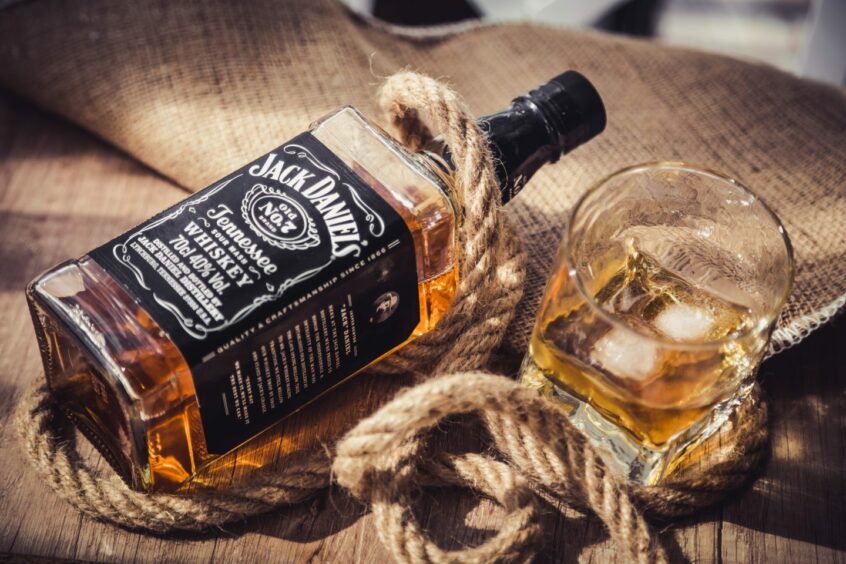
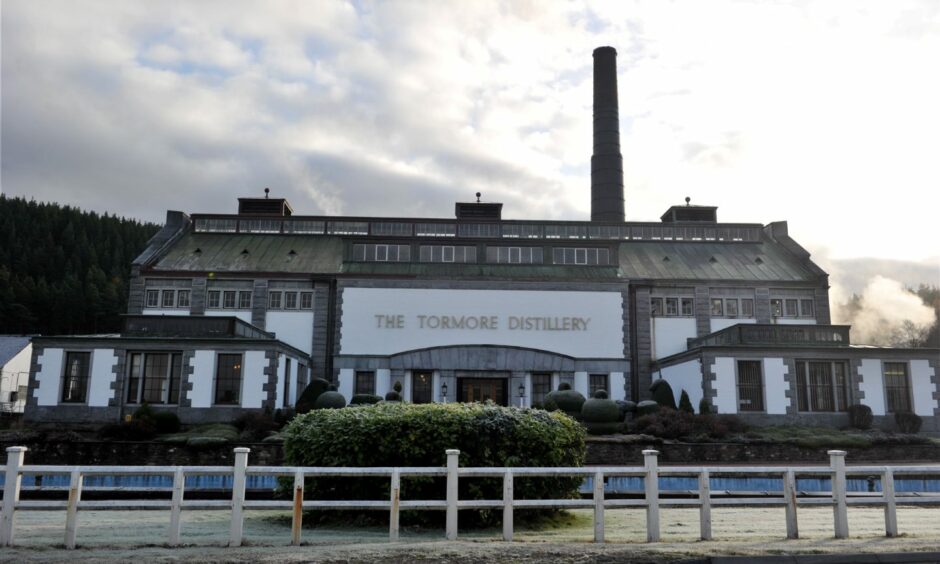
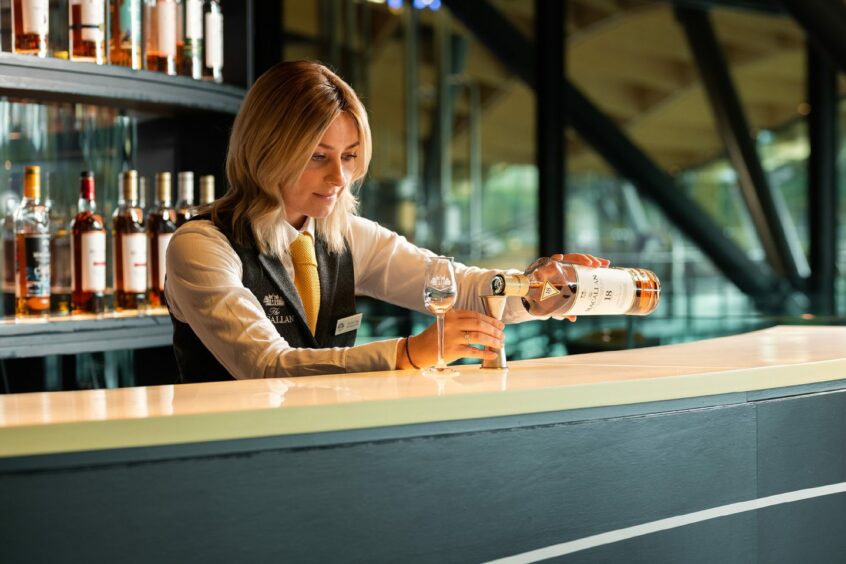
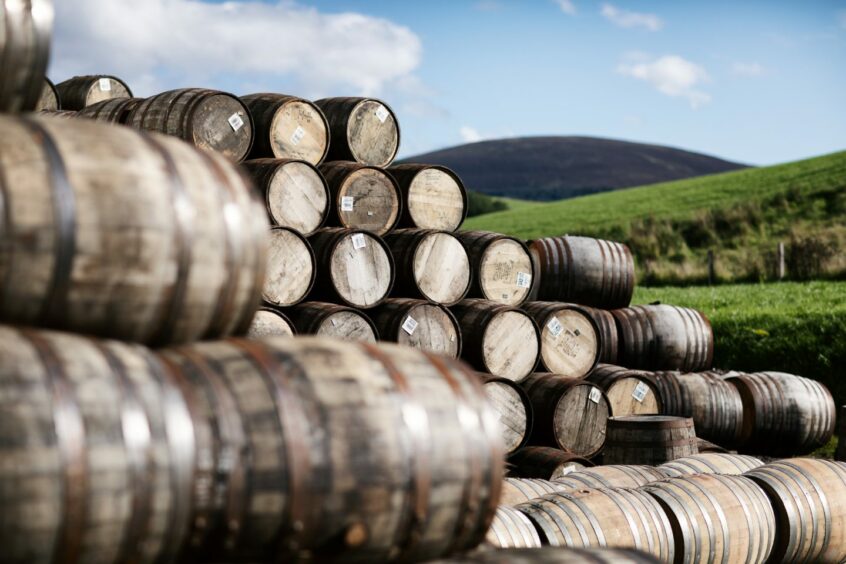
Conversation